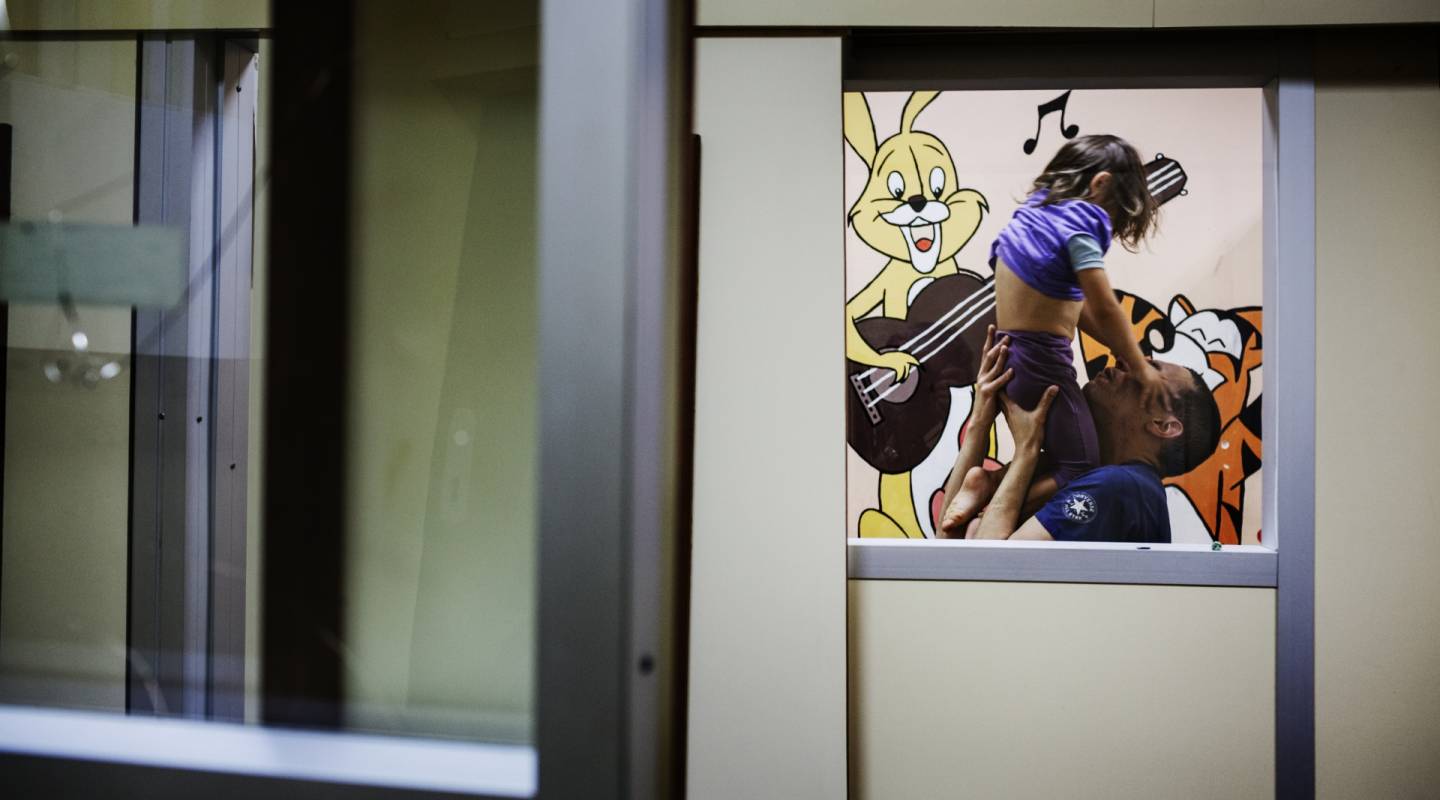
France
Capital city — Paris
Country population
i2021/ INSEEIncarceration rate (per 100,000 inhabit…
Type of government
Human Development Index
Homicide rate (per 100,000 inhabitants)
Name of authority in charge of the pris…
Total number of prisoners
i01/01/2022/ Prison administrationAverage length of imprisonment (in mont…
Prison density
114 %Fifty-seven Frenc…
i31/10/2022/ France BleuTotal number of prison facilities
i2021/ Prison administrationAn NPM has been established
Female prisoners
i01/01/2022/ Prison administrationIncarcerated minors
i01/2022/ Prison administrationPercentage of untried prisoners
i01/01/2022/ Prison administrationDeath penalty is abolished
yes, since 1981The last executio…
Security, order, and discipline
Security measures
Security functions are fulfilled by
- the penitentiary administration
- the police or gendarmerie
Some prison facilities, units or cells implement high-security measures
Prisoners are classified according to their supposed level of dangerousness
yes
The procedures for body searches are regulated. The law permits body searches, whether full or partial, when they are justified by the presumption of an offence or by a risk to the safety of other prisoners or the institution posed by an inmate’s behaviour. The Prisons Act of 24 November 2009 authorizes searches on an exceptional basis when other means of control are considered insufficient (rub-down, electronic detection). These principles are not implemented. They are vehemently opposed by some prison guards’ trade unions. Since June 2016, strip searches may be carried out in accordance with general guidelines setting out the places and times when they may occur. They are planned regardless of the criteria related to the prisoner themselves.
Body cavity searches are conducted by a physician
Internal body examinations are banned unless express justification is provided. They must be carried out by a doctor.
Relatives who enter the prison are searched using the following methods
electronic devices
The search conditions of incarcerated individuals and the inspections of their loved ones, required during visits, are problematic for some. Some inmates refuse visits from their loved ones so as to shield them from these procedures.
Professionals who enter the prison are searched using the following methods
electronic devices
-
A guard at the Varenne-le-Grand detention centre forced a lawyer to remove her bra and place it in a locker before being allowed to see her client. At least three other lawyers reported identical experiences in July and August 2021. In August 2020, the director of the prison service called requests to disrobe a breach of the officer’s ethical duties, stating that the officer in question should be corrected or even reprimanded.
Security staff carry
- firearms
- non-lethal weapons
Security personnel do not carry firearms. The use of a firearm is possible from the watchtower in the event of an escape and is regulated. Each prison has an armoury, reserved for serious and violent incidents.
-
Taser use was on the rise in prisons. In November 2021, an order was issued to allow prison security teams to use tasers in more scenarios. Prison officers responsible for judicial transfers and releases, or internal and perimeter security were allowed to use this “intermediate” weapon to “respond to physical aggression” or “dangerous or threatening behaviour.” The French section of the International Prison Observatory denounced the inadequate legal protection when it came to taser use.
A special intervention unit is in charge of restoring order
Regional intervention and security teams (ERIS, Equipes régionales d’intervention et de sécurité) assist with re-establishing and maintaining order in the event of collective or individual movements.
Policies for prevention of violent extremism and radicalisation have been implemented.
Incidents
The prison service keeps record of incidents
Number of violent acts against prison staff
4,314
The number of violent acts against prison staff increased by 5.8% between 2016 and 2017.
Collective movements are recorded
yes
Protest movements are usually aimed at denouncing prison conditions or failings of the institution. Prisoners may protest by refusing to return from the courtyard, refusing meals, or gathering in the workshops. Protests, regardless of the reason, constitute a disciplinary offence and may be referred to the Disciplinary Committee and result in a disciplinary sanction.
Disciplinary regime
Breaches of discipline are clearly defined in writing
The disciplinary system and its proceedings carry certain procedural guarantees, such as the presence of a lawyer and the participation of an assessor on the disciplinary committee who is independent of the administration.
The decision to apply a disciplinary sanction must be subject to an adversarial debate
yes
Prisoners are allowed to be assisted by a lawyer
Prisoners may appeal against disciplinary sanctions
Disciplinary sanctions can be imposed as a collective punishment
Solitary confinement
Solitary confinement can be used as
- protection
- security
Solitary confinement is decided
- a magistrate’s order
- the prison governor
- the request of the detained person
The duration for placement in solitary confinement is limited
yes
In theory, the time spent in an emergency protection cell (CproU) cannot exceed 24 hours. However, it is not uncommon for a prisoner placed in a CproU on a Friday night to spend the weekend there.
-
A prisoner was held in isolation for 32 months. He claimed that he was subject to inhuman and degrading treatment and feels that his right to privacy was violated, stating that the reasons for his isolation were not sufficiently justified. The European Court of Human Rights questioned France over these events.
Solitary confinement can be extended
yes
The solitary confinement measure is subject to regular review
yes